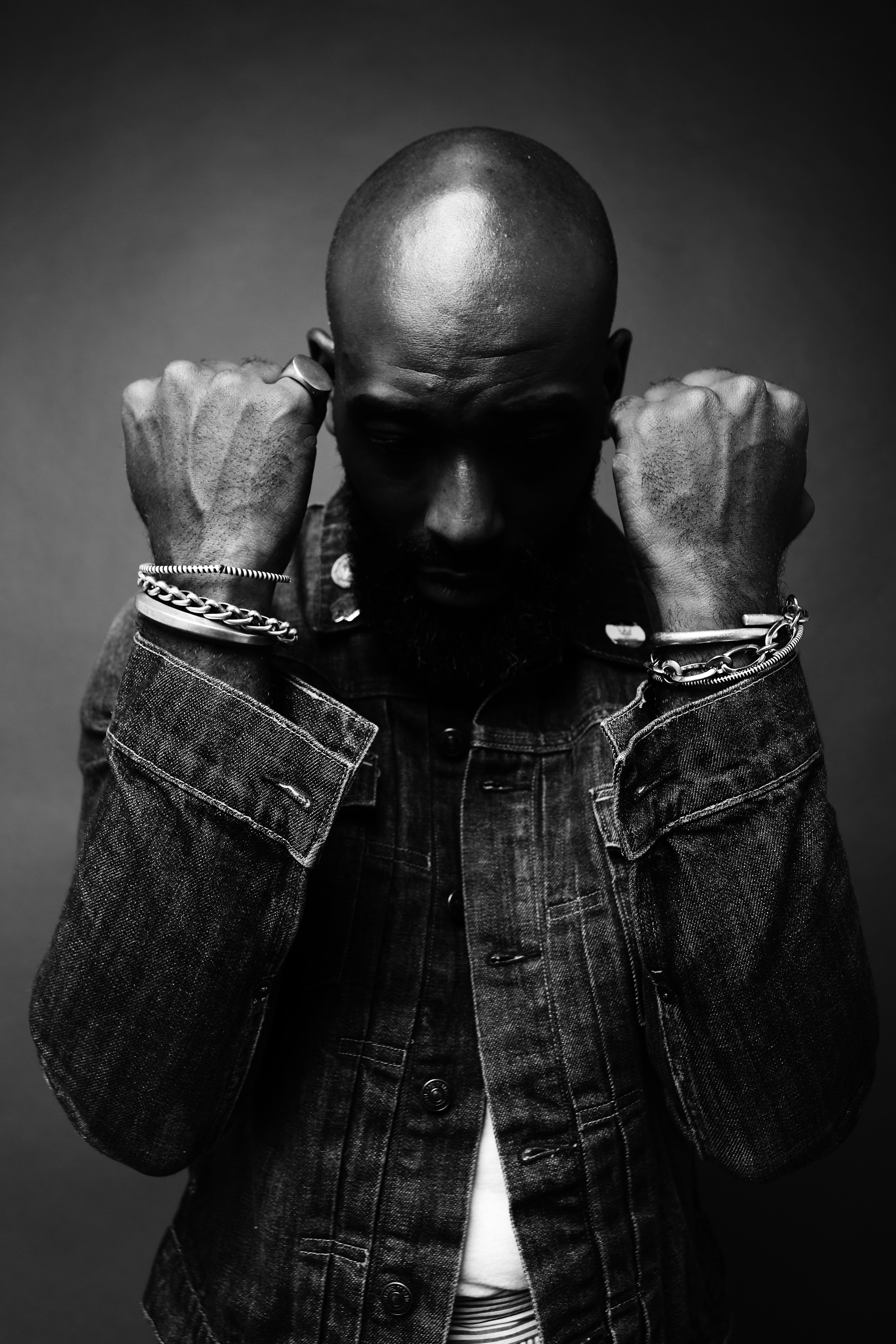Because that which may be known of God is manifest in them; for God hath shewed it unto them.
For the invisible things of him from the creation of the world are clearly seen, being understood by the things that are made, even his eternal power and Godhead; so that they are without excuse:
Because that, when they knew God, they glorified him not as God, neither were thankful; but became vain in their imaginations, and their foolish heart was darkened.
Professing themselves to be wise, they became fools,
And changed the glory of the uncorruptible God into an image made like to corruptible man, and to birds, and fourfooted beasts, and creeping things. Romans 1:18-23
This know also, that in the last days perilous times shall come...
...Having a form of godliness, but denying the power thereof: from such turn away.
For of this sort are they which creep into houses, and lead captive silly women laden with sins, led away with divers lusts,
Ever learning, and never able to come to the knowledge of the truth. II Timothy 3:1, 5-7
Given the origins of "Universal Worship" in Islamic mysticism, I suspect that the "Christianity" involved in this movement is that characterized by the Emerging Church, of which mysticism is a major component. Mysticism inevitably leads to universalism, because the the practitioner, whatever his religious profession may be, discovers the writings and works of other mystics, and then discovers that people of various religious beliefs have had the same experiences, thus leading the practitioner of mysticism to conclude that the experiences come from the same source.
The reader of the following item will notice the pagan worship cloaked in concern for the environment. It's also hard not to notice the disproportionate number of women in positions of leadership--typical of the New Age movement--in "Universal Worship."
If the reader is wondering why I frequently post items from the Toledo Blade, it's because that's one of the few newspapers that still seems to have a religion section, which says more about the media than it does about religion. This blogger believes that local items such as those reported in the Toledo Blade often provide great insight into conditions generally. As reported by Nicki Gorny of the Toledo Blade, April 27, 2018 (link in original):
When it comes to perspectives on environmental stewardship, world religions aren’t so different.
If many at Unity of Toledo were already thinking it by the time that Shamsuddin Waheed approached the podium, the sixth of seven presenters to share their reflections based on their own religion’s texts and traditions, it was Mr. Waheed, representing Islam, who vocalized it.
“Maybe the format is different,” he said, “but the essence is the same.”
It was an apt observation for a Universal Worship, such as the one Mr. Waheed and others participated in at the spiritual center on Sunday. The service, created in 1921 by the Sufi Hazrat Inayat Khan, invokes the “One Being” through each of the world’s major faith traditions.
The MultiFaith Council of Northwest Ohio has been organizing the services monthly, each time at a different area house of worship, since September. Each service begins with a candle-lighting ceremony and continues into readings and a musical expression representing each religious tradition, in line with the model established by Mr. Khan; in local services, the Bahá'í Faith is typically substituted for Zoroastrianism, reflecting local demographics.
“We really experience some of the spiritual depth of each of the traditions that we present,” said Judy Lee Trautman, who is ordained as a cherag to the lead the services. “And we’re doing it in a safe space where no one has to sacrifice their own tradition or their own ways of worship. They just kind of witness and be in solidarity with other traditions.”
Universal Worship isn’t necessarily hard to come by if you run in Sufi circles, as Ms. Trautman, who is also chairman of the MultiFaith Council, has been for years; Sufism is often described as a mystic dimension of Islam. But to find a Universal Worship that engages participants who actually represent each faith background, as local services do, does stand out.
“Many of the places where the service is offered is just, whoever attends picks a scripture to read,” Ms. Trautman said. “Whereas we’re really blessed in Toledo to have diversity.”
That diversity was on full display on Sunday, when representatives of Hinduism, Buddhism, Sikhism, Judaism, Christianity, Islam, and the Bahá'í Faith each shared reflections and readings; chants and songs, some in languages other than English, covered the musical expressions.
Many presenters chose selections related to Earth Day on Sunday. A theme typically unifies the messages at each service; the next one, May 13, coincides with Mother’s Day.
Although Sufism has roots in Islam, a participant won’t find the sort of prayers or prayer positions traditionally associated with Islam in Universal Worship. Sufism encompasses numerous and diverse schools and lineages, according to Inayati Order, which was founded by Hazrat Inayat Khan. Mr. Khan, who in addition to creating Universal Worship is credited with bringing Sufism to the West, promoted a particularly universalist approach in his “acceptance of all people and paths leading to the unfoldment of the light and power latent in the human being.”
Sara Jobin thinks of it “like spokes on a bicycle.”
“All religions are trying to point to the same thing,” said Ms. Jobin, who has been influential in bringing Universal Worship to Toledo. “They’re all beautiful and they have their different traditions.”
Ms. Jobin was introduced to the services several years ago through the grandson of Hazrat Inayat Khan, Pir Zia Inayat-Khan, who leads the Inayati Order. But she said the real spark that led to the adoption of local services came last summer, when she participated in a Universal Worship in Switzerland. She recalled being struck by the diversity of the participants, recalling musical expressions from Africa, India, and Turkey.
“It was just all these people from all these countries all over the world, and it was so beautiful,” she said. “I just thought: I wonder if we can do that in Toledo.”
An answer to that question came in Ms. Trautman, a self-described Sufi Unitarian who, coincidentally, had been ordained to lead services since 2002. Her ordination came around the same time that she and her husband formally organized the MultiFaith Council, which demanded much of her attention, she said. So, aside from one or two services held for demonstration or education purposes, she never led a local Universal Worship.
It seemed like an especially appropriate time to introduce them to the community, she added, pointing to instances of hate crimes that have been on the rise nationally in recent years.
“This presents a challenge, but opportunity also for organizations like the MultiFaith Council to dig deeper and try to raise awareness of the blessings of diversity,” she said.
Ms. Jobin was recognized on Sunday for participating in her last service locally. She is preparing to end her tenure as resident conductor of the Toledo Symphony and move to Richmond, Va., in July to take on a new role as musical director of the Inayati Order.
The move, she said, is “really following my heart.”
Universal Worship will continue on a monthly basis, with Lauraine Carpenter, principal trumpet for the Toledo Symphony, taking on responsibility for coordinating musical expressions.
Ms. Carpenter, who has been participating in the services since September, said her own faith journey has incorporated several traditions. So Universal Worship, she continued, is “perfect.”
“It’s the essence of all religions,” she said. “We all have the same God, we all have the same belief, really. So why not celebrate it together?”
Universal Worship is free and open to all. Future dates are posted at multifaithcouncil.org. Musicians or faith communities interesting in participating should contact the MultiFaith Council.







































No comments:
Post a Comment